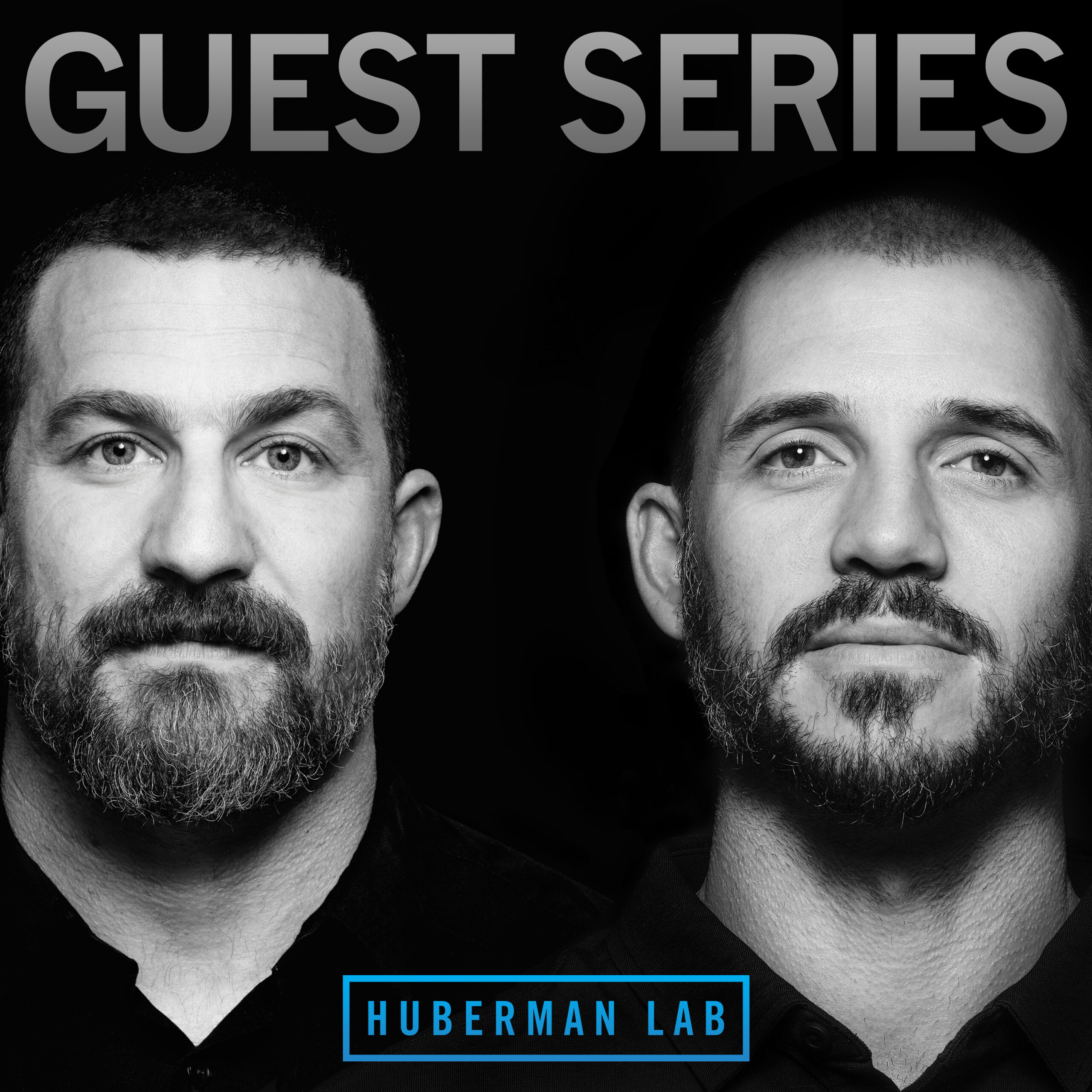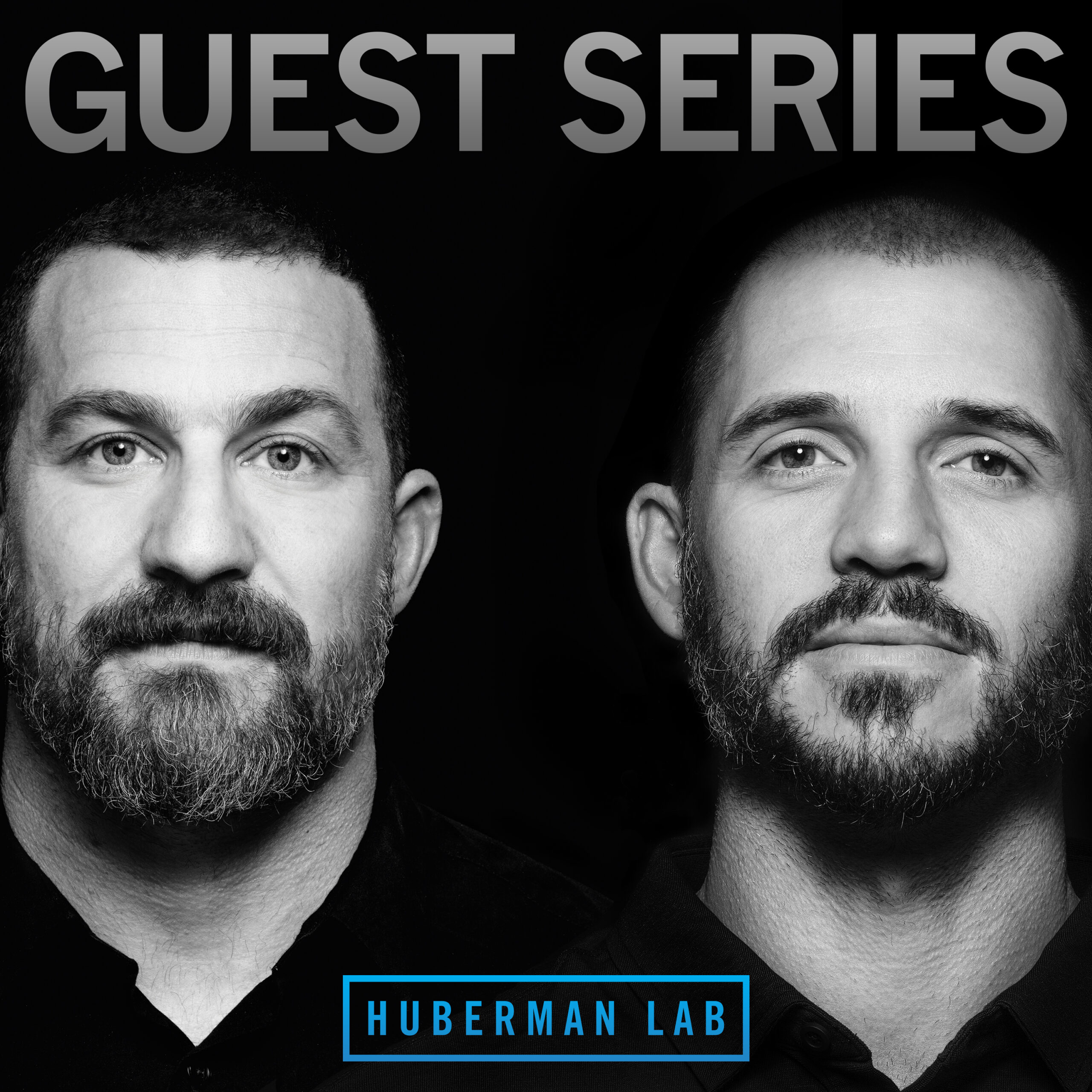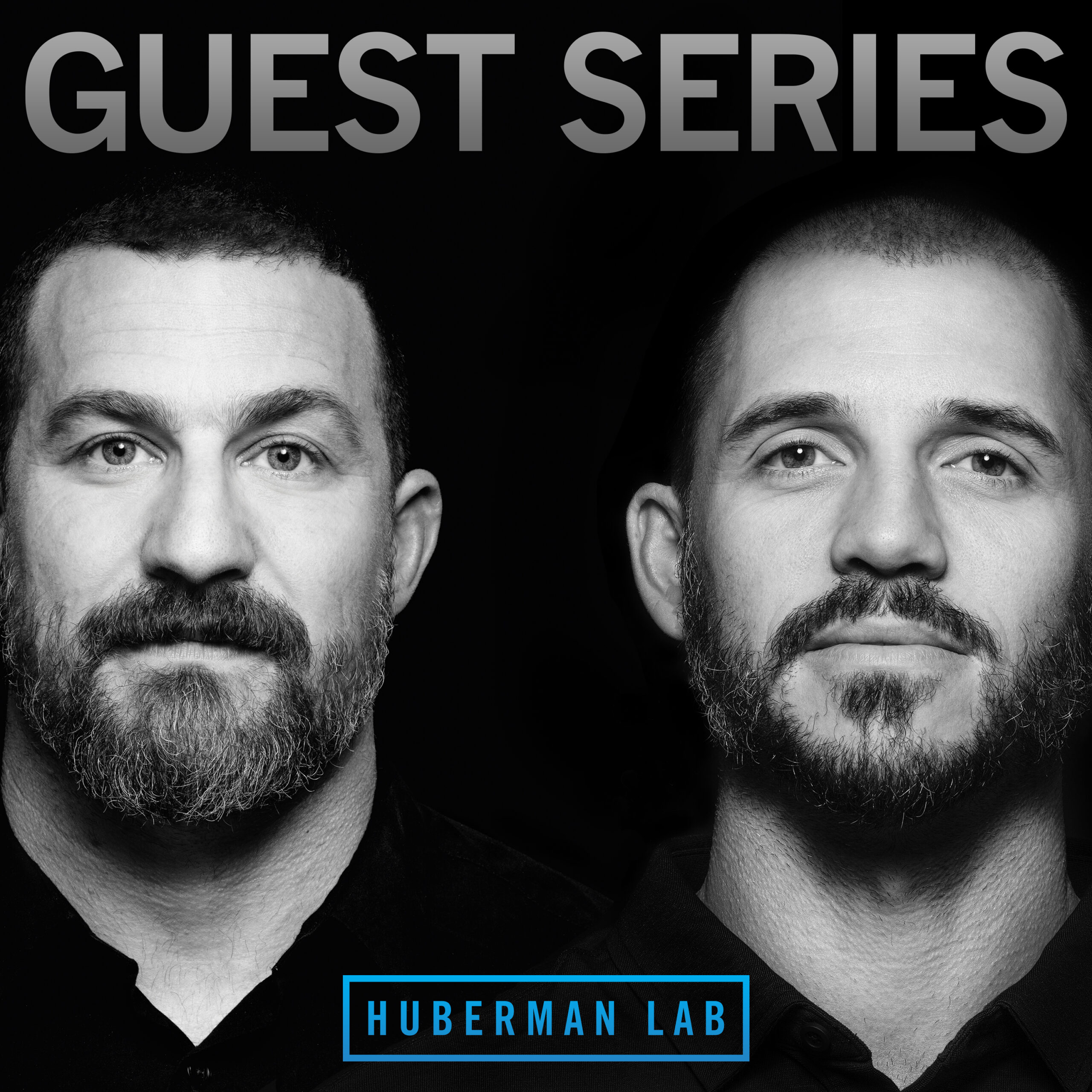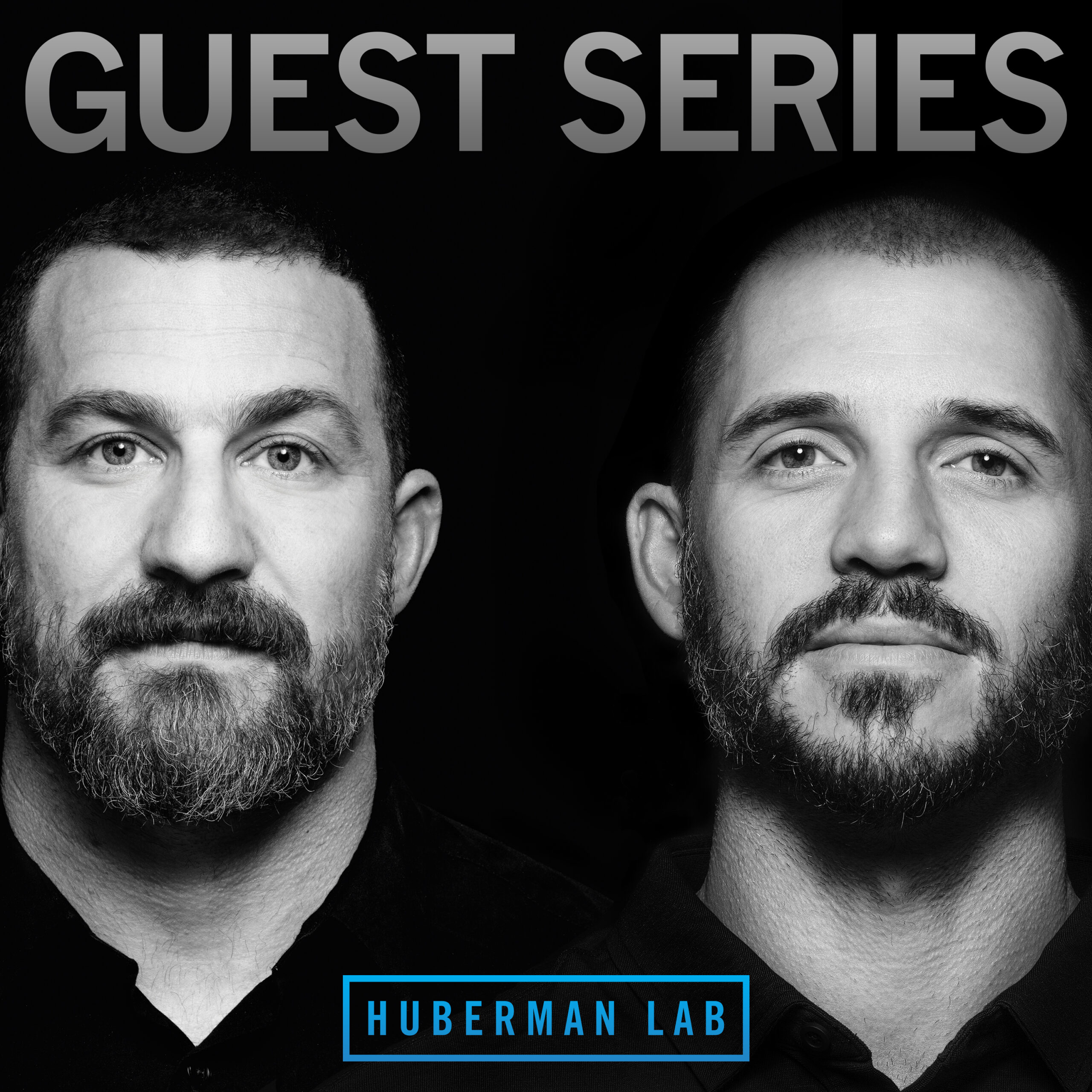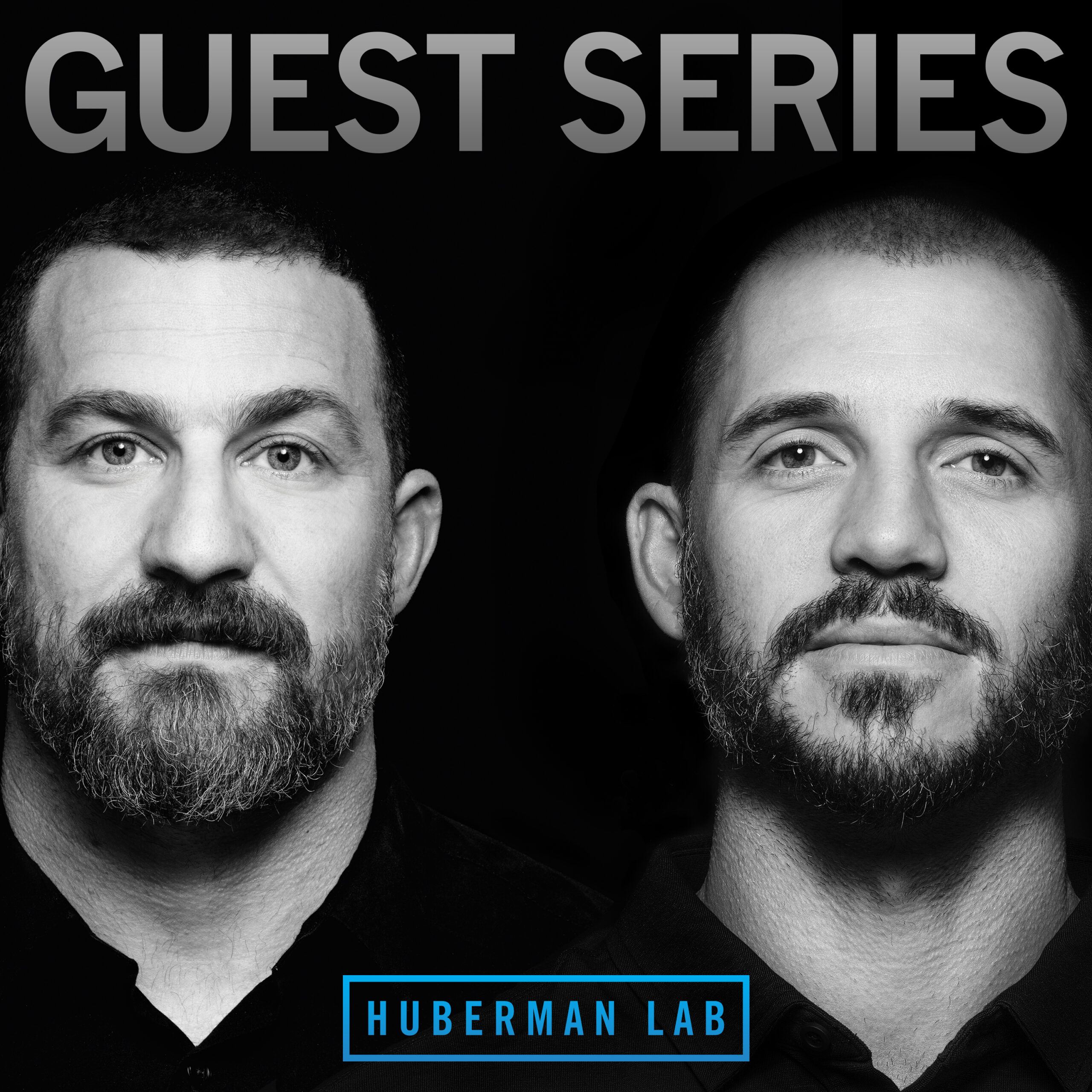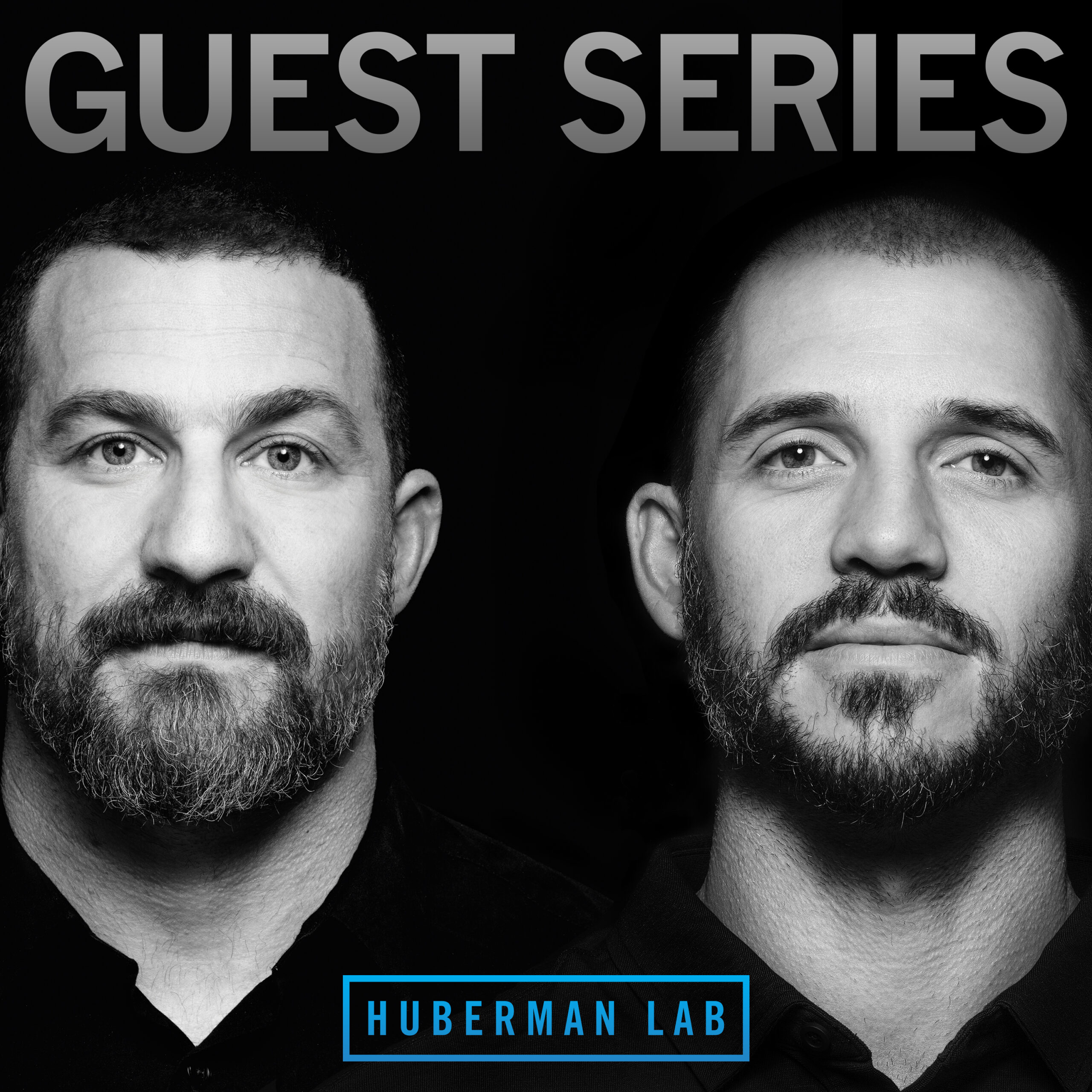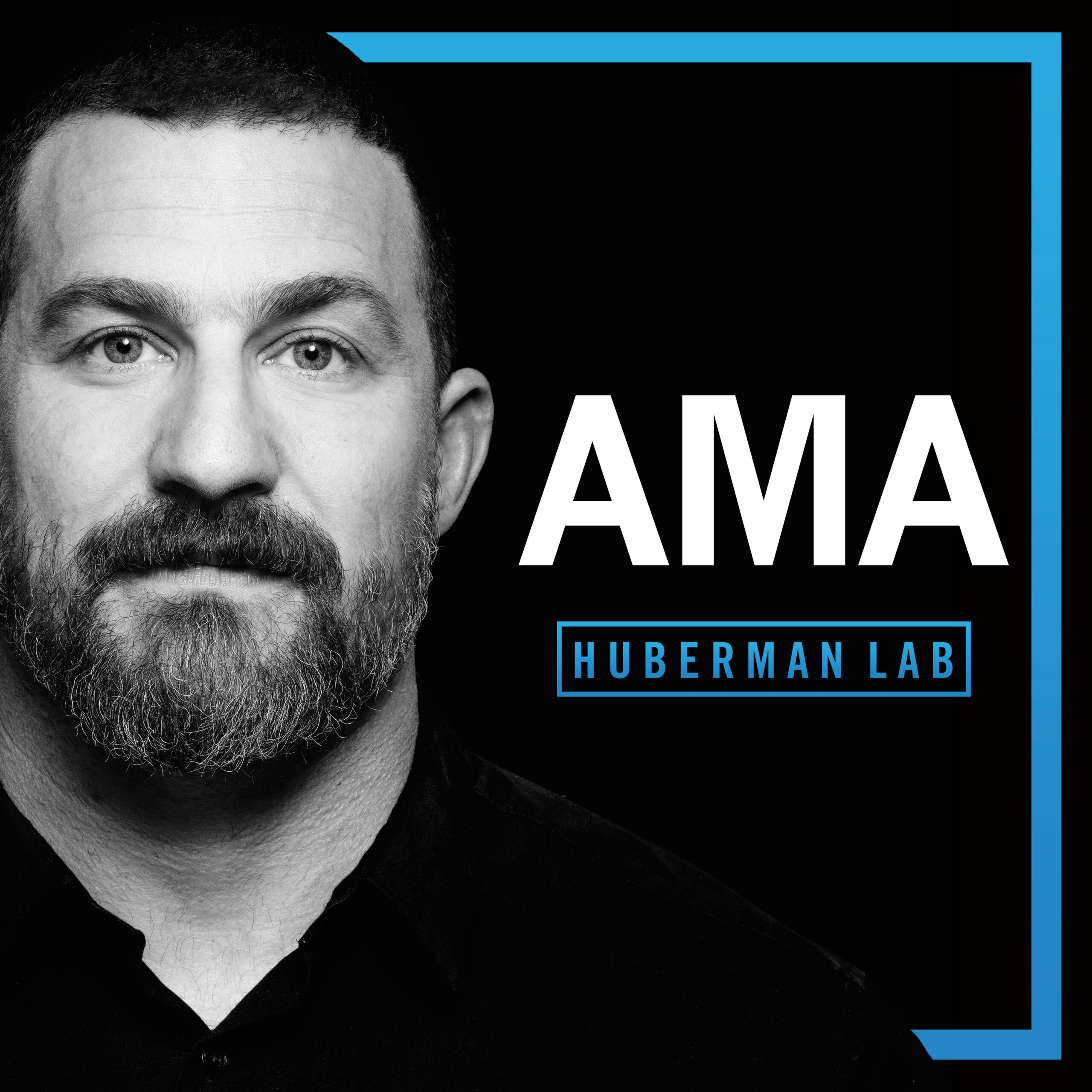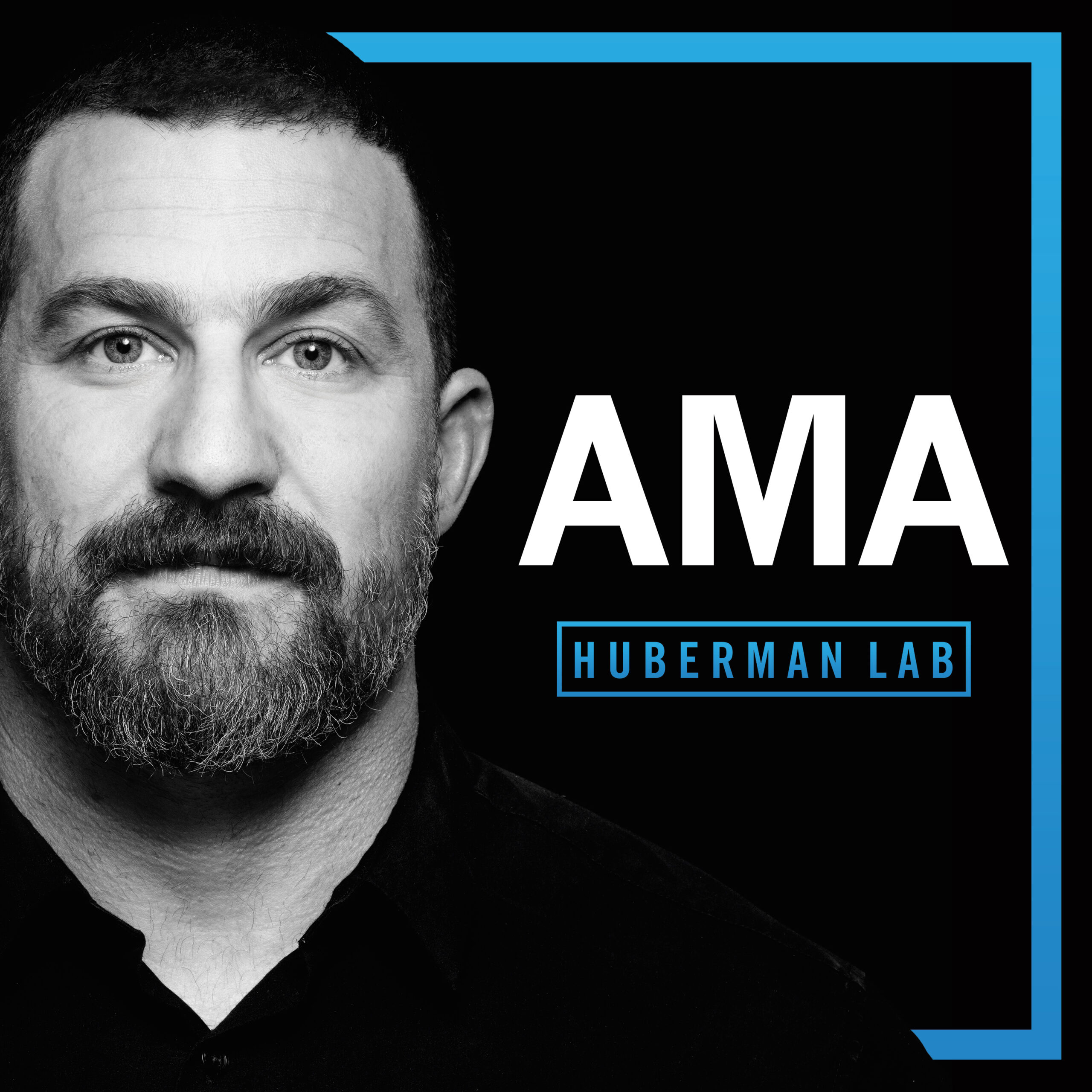In this episode 6 of a 6-part series on fitness, exercise and performance with Andy Galpin, PhD, professor of kinesiology at California State University, ...
In this episode, I explain the biology of breathing (respiration), how it delivers oxygen and carbon dioxide to the cells and tissues of the body and how is ...
In this episode 5 of a 6-part special series on fitness, exercise and performance with Andy Galpin, PhD, professor of kinesiology at California State ...
My guest this episode is Gina Poe, PhD, a professor in the department of integrative biology & physiology at the University of California, Los Angeles ...
In episode 4 of a 6-part series, Andy Galpin, PhD, explains how to design an effective training program for fitness, health and longevity through a 10-step ...
In this episode, I discuss the causes and treatments of different types of headaches, including tension headaches, migraines, sinus and cluster headaches, as ...
This is episode 3 of a 6-part special series on fitness, exercise and performance with Andy Galpin, PhD, professor of kinesiology at California State ...
My guest is Sara Gottfried, M.D., a Harvard-trained, board-certified gynecologist and clinical assistant professor of integrative medicine & nutritional ...
In this episode 2 of a 6-part special series, Andy Galpin, PhD, professor of kinesiology at California State University, Fullerton and world expert on exercise ...
I discuss the mechanisms by which human eggs and sperm are generated, the ovulatory/menstrual cycle, the conception process and overall fertility in males and ...
In this episode 1 of a 6-part special series, Andy Galpin, PhD, professor of kinesiology at California State University, Fullerton and world expert on exercise ...
My guest is Rick Rubin, one of the most renowned music producers of all time, known for his work with a wide range of artists, including Run DMC, Public Enemy, ...
Welcome to a preview of the third Ask Me Anything (AMA) episode, part of the Huberman Lab Premium subscription. The Huberman Lab Premium subscription was ...
In this episode, I explain how to design a supplementation protocol to support maximum mental and physical health and performance depending on your specific ...
My guest is Sam Harris, Ph.D. Sam earned his bachelor’s degree in philosophy from Stanford University and his doctorate (Ph.D.) in neuroscience from the ...
My guest is Jocko Willink, a retired Navy SEAL officer and author of multiple books on effective leadership and teamwork, self-discipline and mindset, and host ...
In this episode, I explain how the brain engages in creative thinking and, based on that mechanistic understanding, the tools to improve one’s ability to think ...
Recently I had the pleasure of hosting a live event in New York, New York. This event was part of a lecture series called The Brain Body Contract. My favorite ...
My guest is Kyle Gillett, MD, a dual board-certified physician in family medicine and obesity medicine and an expert in optimizing hormone levels to improve ...
Welcome to a preview of the second Ask Me Anything (AMA) episode, part of the Huberman Lab Premium subscription. The Huberman Lab Premium subscription was ...
- « Previous Page
- 1
- …
- 12
- 13
- 14
- 15
- 16
- …
- 20
- Next Page »

